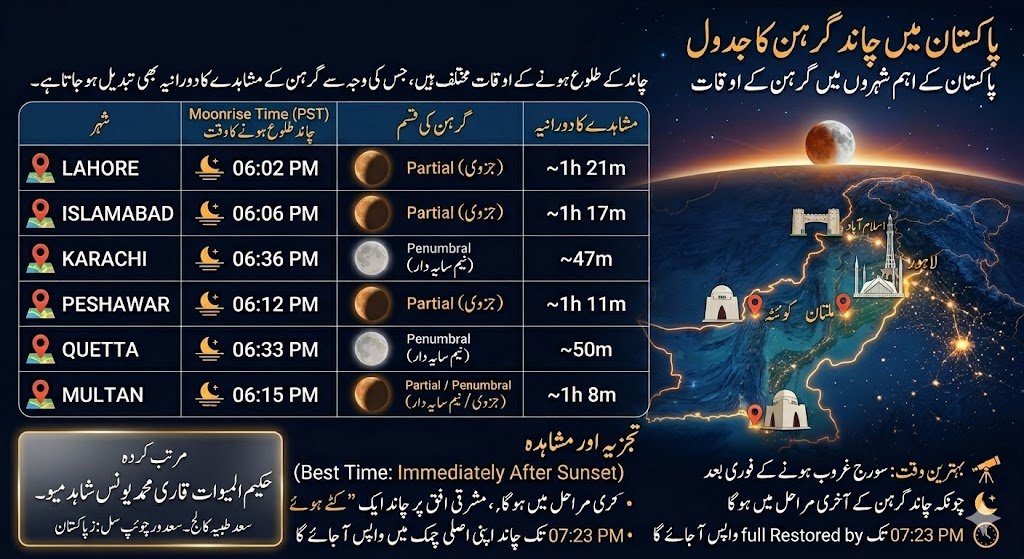
10 Tips for Healthy Eyesight
Regular Eye Exams: Schedule routine eye check-ups with an ophthalmologist. Even if you don’t have any symptoms, regular exams can detect potential eye problems early.
Protect Your Eyes from Harmful Rays: Wear sunglasses with UV protection when outdoors, especially during sunny days. This helps prevent cataracts and age-related macular degeneration.
Maintain a Healthy Diet: A balanced diet rich in antioxidants, vitamins, and minerals is crucial for eye health. Include foods like fruits, vegetables, whole grains, lean proteins, and healthy fats in your diet.
Quit Smoking: Smoking is linked to various eye diseases, including cataracts, age-related macular degeneration, and optic nerve damage.
Limit Screen Time: Excessive screen time can lead to eye strain and dry eye syndrome. Take regular breaks from screens and follow the 20-20-20 rule: every 20 minutes, look away from the screen for 20 seconds at an object 20 feet away.
Get Enough Sleep: Adequate sleep is essential for overall health, including eye health. Aim for 7-9 hours of quality sleep each night.
Manage Chronic Conditions: Conditions like diabetes and high blood pressure can affect your vision. Manage these conditions effectively through medication and lifestyle changes.
Wear Protective Eyewear: Wear safety glasses or goggles when engaging in activities that could potentially damage your eyes, such as sports, DIY projects, or working with chemicals.
Practice Good Eye Hygiene: Wash your hands before touching your eyes and avoid rubbing your eyes with dirty hands.
Stay Hydrated: Drinking plenty of water helps prevent dry eyes.
Dietary Recommendations:
Antioxidant-rich foods: Fruits and vegetables like blueberries, strawberries, spinach, and carrots.
Omega-3 fatty acids: Fatty fish like salmon, mackerel, and tuna.
Vitamins and minerals: Vitamin C, vitamin E, zinc, and lutein.
Whole grains: Brown rice, quinoa, and whole-wheat bread.
Lean proteins: Chicken, fish, beans, and lentils.
Summary:
Maintaining healthy vision requires a comprehensive approach that includes regular eye exams, protecting your eyes from harmful rays, eating a balanced diet, quitting smoking, limiting screen time, getting enough sleep, managing chronic conditions, wearing protective eyewear, practicing good eye hygiene, and staying hydrated. By following these guidelines, you can significantly reduce your risk of developing vision problems and enjoy clear and healthy eyesight.
Answers to Some Popular Questions:
Can I prevent vision loss? Yes, by following the tips mentioned above, you can significantly reduce your risk of vision loss.
How often should I get an eye exam? The frequency of eye exams depends on your age and any existing eye conditions. Generally, adults should get an eye exam every one to two years.
Can I reverse vision problems? While some vision problems can be corrected with glasses or contact lenses, others may not be reversible. Early detection and treatment are crucial for managing vision problems effectively.
Are there natural remedies for eye health? While some natural remedies may offer benefits, it’s essential to consult with an eye care professional before making any significant changes to your routine.
Remember, it’s crucial to prioritize your eye health and seek professional advice if you experience any changes in your vision.


